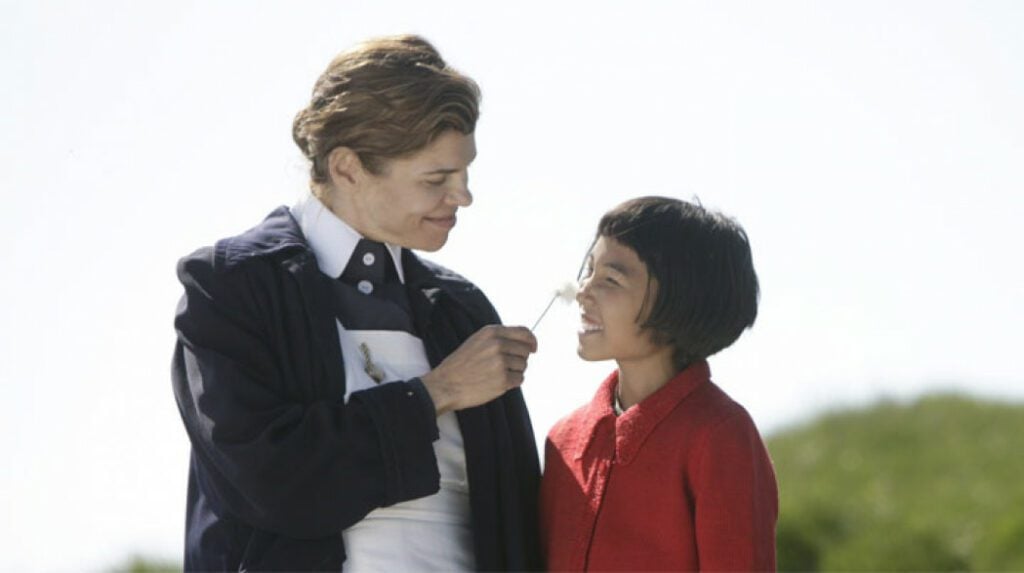Eksperimentet, a Danish drama film written and directed by Louise Friedberg premiered in August 2010 in Katuaq Culture Centre in Nuuk, the capital of Greenland. The film stared by Ellen Hillingsø and Nukaaka Coster-Waldau. The film was based on a true story called the Little Danes Experiment. But what happened to the children who were part of this social experiment?
Denmark conducted a social experiment in 1951, where they took 22 Greenlandic Inuit children and forced them to adapt to Danish culture. Most of the children died before they reached adulthood.
What was the Story Behind the Little Dane Experiment?
The Inuit are a group of culturally similar indigenous peoples inhabiting the Arctic and subarctic regions in Greenland. The Little Danes Experiment was a social experiment and problem of cultural genocide in Greenland.
With dubious consent from their parents, twenty-two Greenlandic Inuit children composed of nine girls and thirteen boys were removed from their homes by the Danish colonial authorities in 1951. The children were relocated to Denmark for adoption and education. The government planned for their adoption to integrate into the modern Danish society with the aim of transforming the children into small Danes.
The ages of these selected children ranged from six and eight years old. They came from underprivileged families. (Source: Sermitsiaq)
How were the Children Affected in This Experiment?
With this drastic change in children’s lives, they critically suffered from the psychological trauma of being distant from their families for most of their lives. In the process, they also disconnected from their culture and eventually forgot their native language.
After a year, some of the children returned to Greenland, where they were placed in an orphanage in Nuuk rather than bringing them back home to their actual families. Others stayed in Denmark for the rest of their lives. Unfortunately, more than half of them died before they could even reach adulthood. (Source: Sermitsiaq)
Did Denmark Ever Apologize to the Inuit for this Atrocity?
In 2009, on behalf of the Government of Greenland, Prime Minister Kuupik Kleist demanded an official apology from Denmark for this failed social experiment. The prime minister of Denmark, Lars Løkke Rasmussen, refused to provide that apology although admitting that the event was unfortunate. His refusal leaves the issue of apology and compensation contentious between Greenland and Denmark.
However, Mette Frederiksen, the current prime minister of Denmark, gave an apology in December 2020.
In the film, the lead actress, Ellen Hillingsø, urged Rasmussen to apologize to the victims. In September 2010, Mimi Jakobsen, the general secretary of Save the Children, the organization involved in the repatriations of 1951, issued a formal apology on behalf of the organization. (Source: Ice News)
The Film, Eksperimentet
The premiere of the film in Greenland was attended by the prime minister and Maliina Abelsen, the minister for social affairs. It was an emotional event, both because of the topic and because the issue of the official apology was still unresolved at that point. Several of the survivors are still alive.
Eksperimentet is the first film dealing with the dark episodes from Greenland’s history as a former colony. Others are likely to follow, stimulating more discussion and debate in the country, as well as in Denmark. The film was praised for its emotional appeal and acting. Critics thought the release dates in the summer may have limited the size of initial audiences. (Source: The Experiment Premiere)
